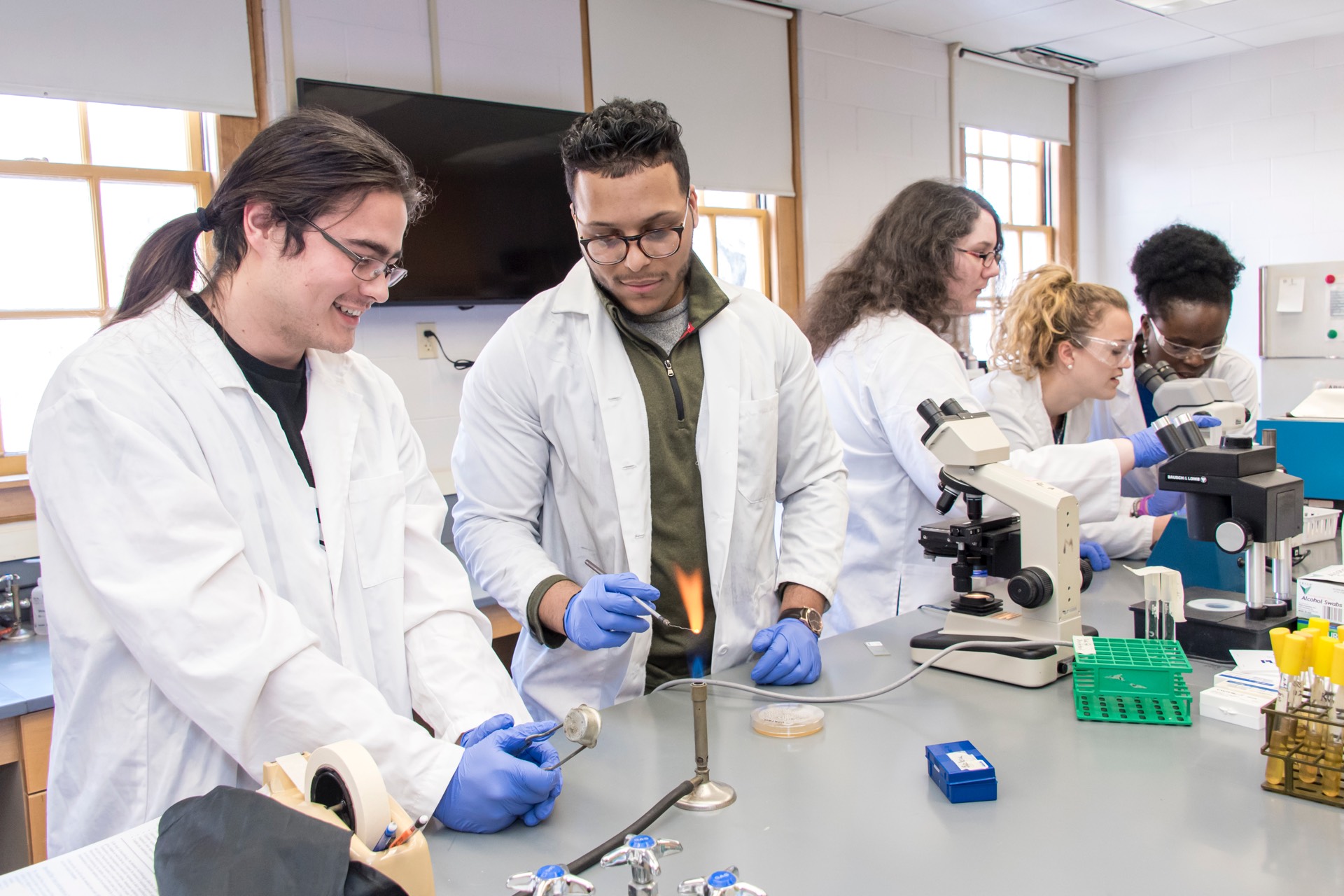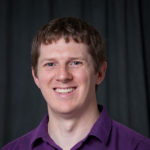The Science of Life
Biologists use science to understand the natural world, provide and improve health care, solve problems, and advance scientific knowledge through research.
What Classes Do Biology Majors Take?
As a Biology major, you’ll complete a core of biology and science support courses — from microbiology and genetics to anatomy and physiology — along with an internship or research experience and a concentration of your choosing. Our flexible program also allows you to explore courses in other subject areas, including law, art and writing.
Our Faculty
Our professors provide you with a rigorous curriculum and hands-on learning experiences that are tailored to prepare you for graduate programs and careers, while providing the personalized support you need to be successful. Many are also active scholars, performing primary research in their own labs.
Collegiate Science & Technology Entry Program
CSTEP, sponsored by the New York State Department of Education, provides paid research experiences, MCAT prep and other forms of academic support to underrepresented and economically disadvantaged students in Biology, Health Sciences and other science-related majors or professional programs.
Biology (B.S.)
The Bachelor of Science in Biology provides a strong base in biological study, paired with a concentration that fits your specific interests.
Concentrations:
- Pre-Medical Studies
- Management
- Pre-Professional Clinical Lab Science and Cytotechnology
- Law and Society
- Environmental Science
- Forensics
- Illustration
- Science Writing
Biology (B.A.)
The Bachelor of Arts in Biology gives you a broad overview of knowledge and techniques in modern biology. The flexible curriculum can prepare you for careers in teaching, in environmental studies, in government agencies and more.
“We give Biology majors a good foundational basis to pursue a lot of different careers and they build on that foundation …”
Ken Howard, Ph.D.
Associate Professor
Biology Bachelor’s Degree Spotlights
Biology major and Pre-Med student Mackenzie Feeney is captain of Russell Sage College’s women’s cross-country and track and field teams …
“Russell Sage College has a strong name in the Capital Region, especially in the medical community,” said Physician Assistant Kyle …
Julia Gerringer earned her bachelor’s in Biology from Russell Sage College in May 2023 and started Touro College of Dental …
“I like Sage for the small community,” said Russell Sage College Biology major and pre-med student Mena Abdelmeged. “I’m involved …

Careers with a Biology Degree
Graduates of Russell Sage College’s Biology program become doctors, physician assistants, physical therapists, educators and they work in research. Biology majors may also work in government, business, public health or even science journalism.
Recent Sage alumni are working as a chief resident at the University of Vermont Medical Center, as a veterinarian at Northeast Indiana Veterinary Emergency and Specialty Hospital, as scientists and compliance coordinators for biopharmaceutical companies and they are enrolled in competitive doctoral programs.
Graduate Studies with a Biology Bachelor’s Degree
Our Biology majors are accepted to competitive medical schools and may receive assured acceptance or early admittance to:
- Albany Medical College’s Physician Assistant program
- Sage’s Doctor of Physical Therapy program
- Sage’s Master of Occupational Therapy or Doctor of Occupational Therapy programs (including accelerated programs)
- Albany College of Pharmacy and Health Science’s Clinical Lab Sciences master’s program and Cytotechnology master’s program
Recent Sage graduates have been accepted at Albany Medical College, Loyola University Chicago Stritch School of Medicine, the University of Illinois-College of Veterinary Medicine, the State University of New York’s Upstate Medical University, and the schools of medicine at Stony Brook University, Quinnipiac University, the University at Buffalo, New York Institute of Technology and the University of New England as well as to Ph.D. programs at Rensselaer Polytechnic Institute and and the University of Oregon.








